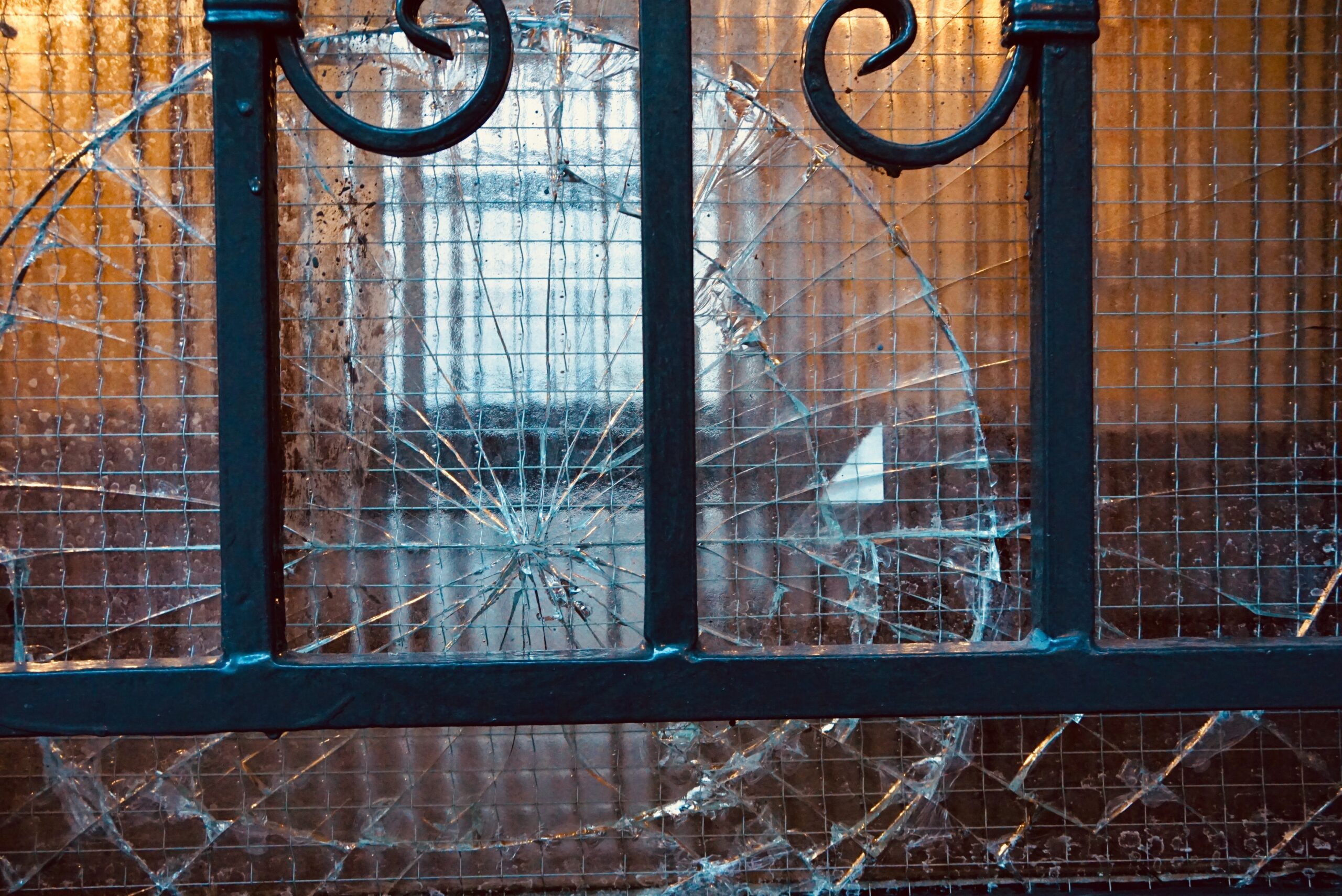On the 16 June 2021, the LAA published the schedule for its crime tender. The new contract will commence on the 1st of October 2022. Wayne Williams, cpm21, sheds some light on the contracts, pitfalls, what will change and what won’t.
We’re hosting an event with Wayne later this summer to help law firms apply – once more information has come to light.
Duration of Contracts
The new contract will last for only one year subject to renewal by the LAA.
This short duration is unlikely to appeal to new entrants because – who would want to set up a new crime practice where the main source of revenue may dry up after 12 months?
It also gives little business stability to crime firms who have suffered significantly during the COVID-19 lockdowns.
Some crime firms have gone out of business over recent years. The justification is that the LAA are awaiting the finalisation/implementation of the seemingly never ending Criminal Legal Aid Independent Review.
Part of Sir Christopher Bellamy QC’s remit is to ensure that the criminal legal aid system ‘is appropriately funded’. Successive governments have been playing with the reform of the criminal legal aid system for several years – remember the proposed Lord Carter reforms in 2007: best value tendering; a move to larger and fewer suppliers? Large firms geared up, but nothing happened.
Government needs to bite the bullet and fund legal aid work in a way that makes Crime firms sustainable and profitable. Firms cannot improve efficiency as they are encumbered by all the rules in the Crime Contract.
If the LAA simply stopped dictating to firms HOW they deliver the work and simply told them WHAT they expected to be delivered there may be some hope for the future. Does an office really have to be open from 9am to 5.30 pm as most crime clients are seen at the police station and court and come out in a rash if asked to call into a solicitor’s office!!
Don’t forget there was the LAA disastrous semi competitive Crime Tender in 2014. Incremental Carter one might argue! Firms geared up and formed alliances with Delivery Partners. They spent a lot of money and time preparing Delivery Plans that would decide their fate.
The successful firms breathed a sigh of relief when they were successful. Then what – the LAA messed up the tender process and it was all scrapped with no compensation to those firms…
This was then replaced by a ‘steady state’ tender and the current 2017 contracts.
The 2021 version appears to be another ‘steady as you go’ non-competitive tender.
The Potential Pitfalls
As law firms will know from their previous sufferings on Bravo Solutions, LAA tenders are never straightforward.
There will be the usual Selection Questionnaire (SQ) – once upon a time called a PQQ.
There will also be an ITT to include details of the Duty Schemes your firm is eligible to join. Given the boundary changes that have taken place, firms should start checking their eligibility now! And what about CLAS?
The usual ambiguities & FAQ
Most documents we read make sense. However the LAA uses inscrutable language when they talk about their tenders. Maybe they think we love their FAQ!!
The published headline intentions document (found here) reads:
“Duty Solicitors must be accredited under The Law Society’s Criminal Litigators Accreditation Scheme ‘CLAS’ or have been a member under the 2017 contract. This is a change from the existing contract, which requires membership under a previous contract.”
So far so good it would seem but then we come to the justification for the so-called change: ‘We are proposing this change to ensure experience remains current’.
The existing 2017 contract standard terms reads:
‘Duty Solicitor’ means a person who has previously been a member of a Scheme under a Previous Contract or is a current member of the Law Society’s Criminal Litigation Accreditation Scheme and passed the PSQ. Plus ça change…? Answers on a postcard please!
Does this indicate an underlying intention for all CLAS members to be re-accredited … to ensure ‘experience remains current’? I don’t know but it worries me when I can’t understand the logic!
At the very least firms need to check that all their Duty Solicitors are currently accredited under CLAS. The list can be found on the Law Society’s website, here.
Please note carefully the following statement about allocation of slots:
“Duty slot allocation will continue to be based on the geographical location of provider offices and in proportion to the number of duty solicitors engaged from each office.”
And this statement:
“Organisations should note, however, that there will be no further opportunity to join Duty Solicitor Schemes outside of the procurement process.”
The 14-hour Rule!
The LAA is clearly having as many problems monitoring that rule as the profession does.
It says that the reason for the proposed change here is: This change seeks to reduce administration for providers and the LAA.
Many Duty Solicitors who are very experienced and competent Crime Practitioners have lost their duty status because of this rule.
Why does not the LAA scrap this rule completely? It seems to have forgotten that its rationale for introducing the new rule was to get rid of ‘Ghost Duty Sollicitors’. So either the rule has now been effective in achieving that stated objective or it has completely failed in its purpose. Either way the rule should be scrapped in my view. It is an unnecessary administrative cost for both the firms and the LAA.
That said, the LAA is now mitigating the application of that rule.
The unit of measure will now be MONTHLY rather than WEEKLY and will be measured on a 3-month rolling basis.
This is at least an improvement on the current rule in the Crime Contract Specification 2017 which states:
6.23 Subject to Paragraph 6.24, all Duty Solicitors you use to obtain Duty Slots must undertake a minimum of 14 hours’ Criminal Defence Work for you per week from the Office for which those Duty Slots have been obtained. You must be able to sufficiently evidence the work undertaken in respect of each Duty Solicitor for it to count towards the 14 hours’ requirement, as per Clause 8.3 (o) of the Standard Terms.
6.24 The 14 hours’ requirement in Paragraph 6.23 will be measured on a rolling monthly basis to accommodate different working patterns.
Things that wont change
- Office – you still need an office in the procurement area that is open from 9am to 5.30pm Monday to Friday with the same criteria for that office as in the current contract.
- Peer Review – you will still need a CAT 3 or above. We can help with an in-house course.
- Supervisor – you will still need at least one FTE qualified Crime Supervisor. I would suggest all Crime Supervisors refresh their Supervisor Forms over the next few months. The form can be found here.
- SQM or LEXCEL – by the contract start date. This will be checked during the VERIFICATION phase – Spring to Summer 2022. If you are thinking of starting a new firm, merger or acquisition you should start planning for this now.
Help & Support from cpm21
- We will provide the usual consultancy help with the tenders within our capacity on a first come first serve basis with priority given to our existing and regular client firms.
- Support to help pass your SQM or LEXCEL audits – again book early as our diaries are already pretty full since lockdown was eased.
- We will likely run an online or F2F course in relation to this tender when the details are known.
So enjoy your summer break and come back ready to work on your tenders.


